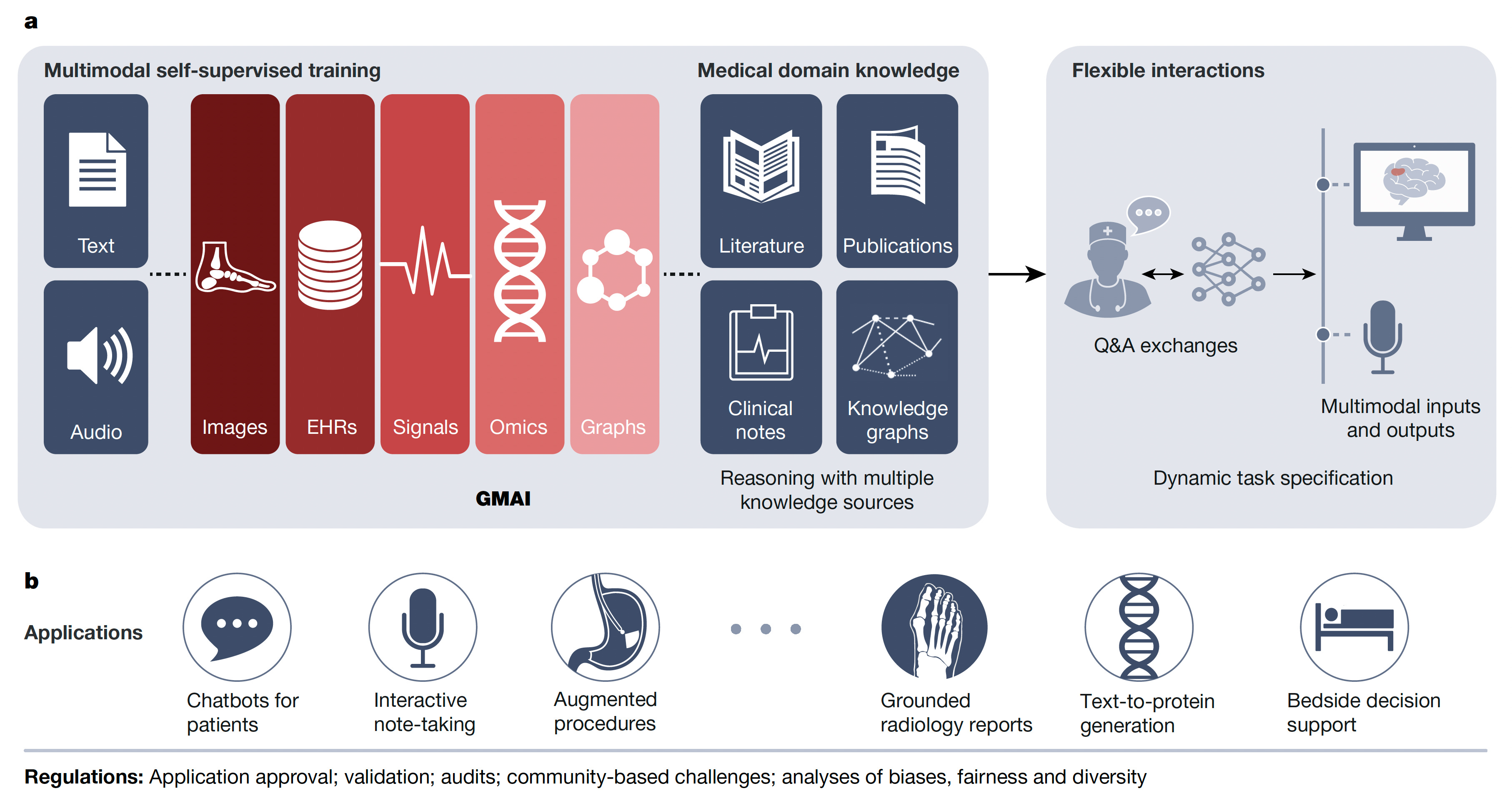
AI’s Latest Leap: Generative Models Unlock Creative HorizonsAI’s Latest Leap: Generative Models Unlock Creative Horizons In the rapidly evolving realm of artificial intelligence (AI), generative models have emerged as a game-changer, unlocking unparalleled creative possibilities. These models possess the remarkable ability to generate new and original content, transcending the boundaries of human imagination. What are Generative Models? Generative models are a type of AI that can learn the patterns and structures within data and generate new samples that resemble the original dataset. Unlike traditional AI models, which are designed to perform specific tasks such as image recognition or language translation, generative models focus on creating new content. Applications of Generative Models The applications of generative models are vast and encompass various creative domains: * Text Generation: Generative models can generate realistic and coherent text, from short stories to full-fledged prose. * Image Creation: These models can produce photorealistic images, spanning landscapes, portraits, and abstract art. * Music Composition: Generative models have the potential to compose original melodies, harmonies, and instrumentations. * Video Synthesis: They can generate videos from scratch, ranging from animations to realistic simulations. Benefits of Generative Models for Creativity Generative models offer numerous benefits to artists, designers, and other creatives: * Inspiration: They provide endless inspiration by generating unique and unexpected ideas. * Collaboration: Generative models can collaborate with artists to create new and innovative works. * Efficiency: They automate the process of content creation, freeing up creatives to focus on higher-level tasks. * Accessibility: Generative models democratize creativity by making it accessible to individuals with limited technical skills. Ethical Considerations While generative models hold immense potential, their rapid advancement also raises ethical concerns. It is crucial to address issues such as: * Copyright: Who owns the rights to content generated by these models? * Bias: Generative models may inherit and perpetuate biases present in the data they are trained on. * Authenticity: How do we distinguish between human-generated and AI-generated content? Conclusion Generative models represent a monumental leap forward in AI, unlocking unprecedented creative possibilities. As these models continue to evolve, they have the potential to revolutionize the art, entertainment, and design industries. However, it is essential to approach their development and deployment with ethical considerations in mind to ensure that they serve as tools for human creativity rather than a replacement for it.
Posted inNews